Is a Car Accident a Crime in North Carolina?
Imagine you’re cruising down a back road in Stokes County, admiring the autumn foliage. Suddenly, a deer darts out in front of you. You swerve to avoid it and end up sideswiping a parked car. As you catch your breath and reach for your phone to call the police, a nagging worry starts to creep in: “Oh no, did I just commit a crime?”
Let’s cut to the chase—in most cases, a car accident isn’t a crime in North Carolina. But (there’s always a but in law, isn’t there?) there are situations where a fender bender can veer into criminal territory. Let’s break it down.
The Basic Rule: Accidents Aren’t Usually Crimes in North Carolina
In general, car accidents are considered civil matters, not criminal ones. This means they’re typically handled through insurance claims or civil lawsuits, where the goal is to determine who’s at fault and who owes who money. It’s not about punishing anyone; it’s about making things right financially.
When Accidents Take a Criminal Turn
Now, while the accident itself might not be a crime, certain circumstances surrounding it can lead to criminal charges. Here are a few scenarios where you might find yourself on the wrong side of the law:
- DWI/DUI: If you’re involved in an accident while under the influence of alcohol or drugs, you could face criminal charges. North Carolina takes DWI very seriously, and an accident can make those charges even more severe.
- Hit and Run: Leaving the scene of an accident without stopping to exchange information or help injured parties is a crime in North Carolina. It doesn’t matter if you caused the accident or not—if you’re involved, you need to stop.
- Reckless Driving: If your accident was caused by excessively speeding, racing, or other dangerous behavior, you might be charged with reckless driving. This is more than just a traffic ticket; it’s a criminal misdemeanor.
- Vehicular Manslaughter: In the most tragic cases, if someone dies as a result of your negligent or reckless driving, you could face charges of vehicular manslaughter.
Civil vs. Criminal Cases: What’s the Difference?
Here’s where things can get a bit tricky. One accident can potentially lead to both civil and criminal cases. Let’s say you’re in an accident with a driver who was texting. They might face a civil lawsuit from you for damages, and they could also face criminal charges for distracted driving.
The key differences? Criminal cases are brought by the state, not individuals. They can result in fines, probation, or even jail time. Civil cases are brought by individuals (or their insurance companies) and are all about money—who pays for damages, medical bills, lost wages, and so on.
What To Do If You’re in an Accident
Whether criminal charges are on the table or not, here’s what you should do if you’re in an accident:
- Stop and stay at the scene.
- Check for injuries and call 911 if needed.
- Exchange information with the other driver(s).
- Document the scene (photos, witness info, etc.).
- Report the accident to your insurance company.
- Consider contacting an attorney, especially if there are injuries or significant damage.
Remember, even if you think you might be at fault, never admit guilt at the scene. Let the insurance companies and, if necessary, the courts sort that out.
Wrapping It Up
So, is a car accident a crime in North Carolina? Usually not, but it can lead to criminal charges under certain circumstances. Understanding the difference between civil and criminal liability can help you navigate the aftermath of an accident more confidently.
If you find yourself in a situation where criminal charges are a possibility, or if you’re dealing with a complex civil case after an accident, it’s crucial to speak with an experienced attorney. Remember, whether you’re cruising through Winston-Salem or navigating the back roads of Wilkes County, safe driving is your best defense against both civil and criminal consequences. But if trouble does find you on the road, know your rights and don’t hesitate to seek legal help.
Is there something we can help you with?
Fill out this form and we’ll reach out quickly to learn more about your situation. We’ll never pressure you. We’re just here to help you understand your rights. Keep in mind, we aren't your lawyers yet—so don't tell us anything that you would not want the other side to know!
Crossing the Center Line: Navigating Liability and Recovery After a Head-On Collision in North Carolina
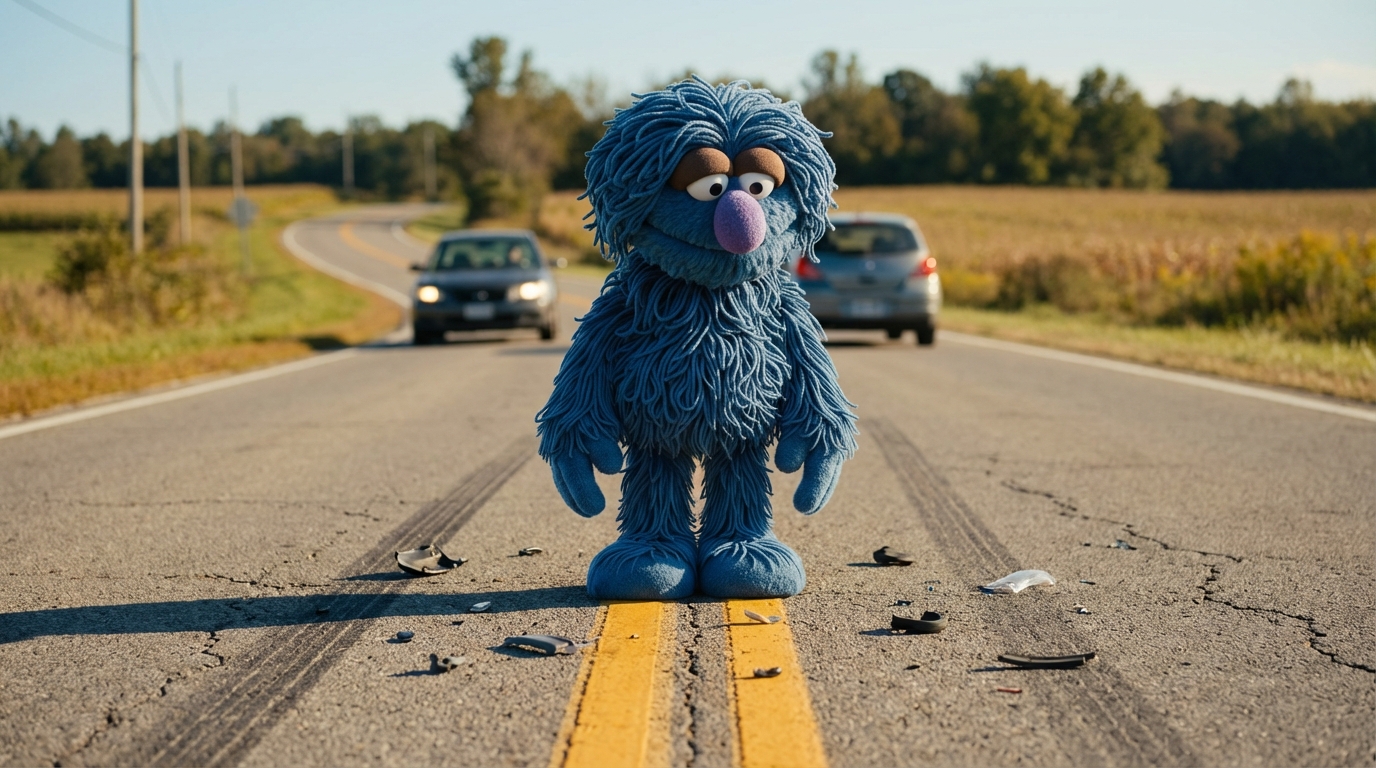
The Hidden Financial Costs of a Serious Injury in North Carolina: What Your Personal Injury Claim Can Cover

Injured at a Chain Restaurant in North Carolina? Who’s Liable—Franchisee, Franchisor, or Both?
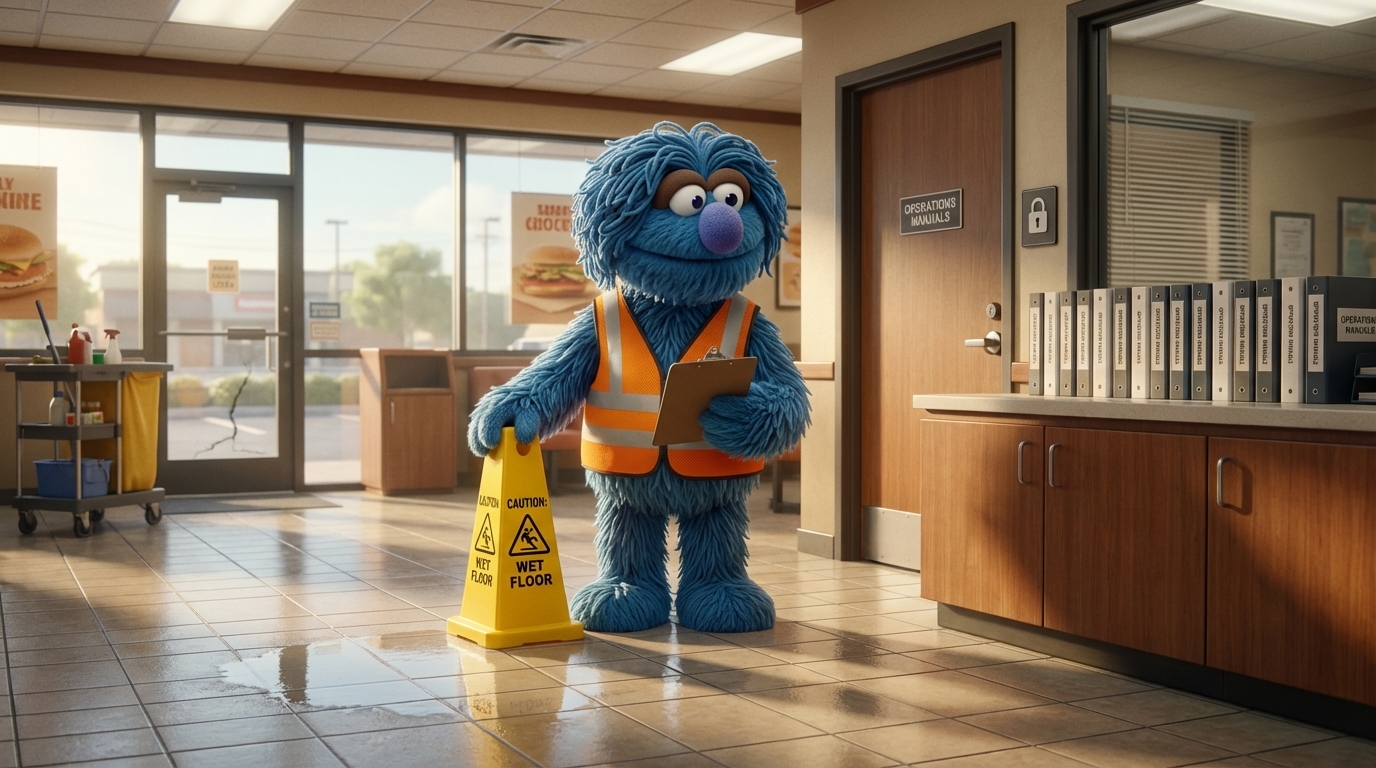
How Digital Evidence Can Make or Break Your North Carolina Personal Injury Case
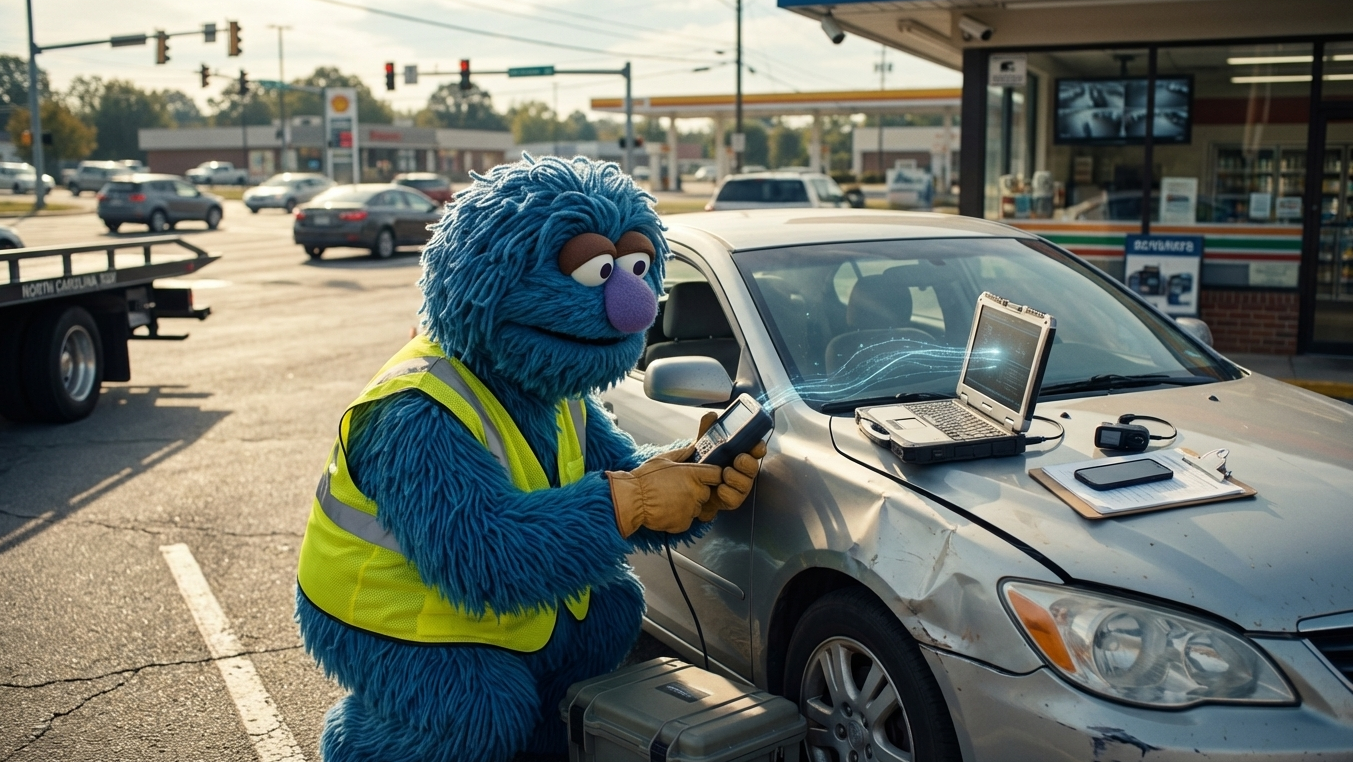
Wrongful Death vs. Survival Actions in North Carolina: A Clear Guide for Grieving Families
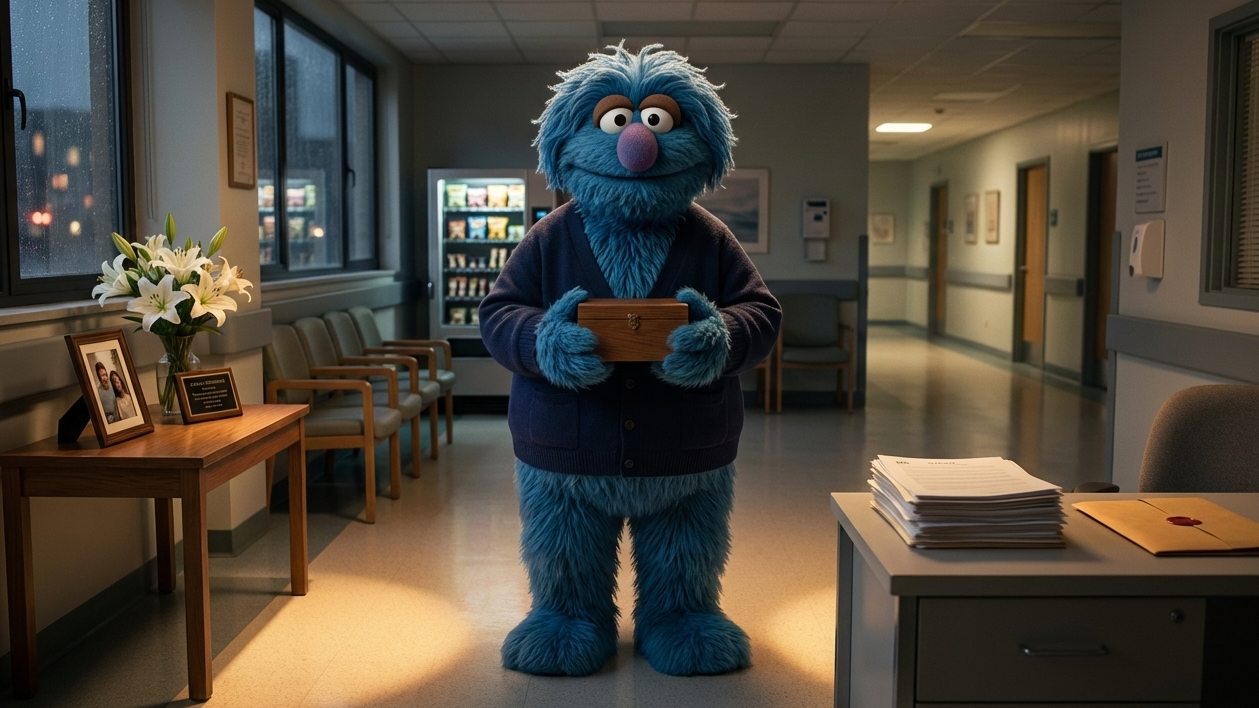
Injured with a Preexisting Condition? How North Carolina’s Eggshell Plaintiff Rule Protects Your Personal Injury Claim

Health Insurance Liens Simplified
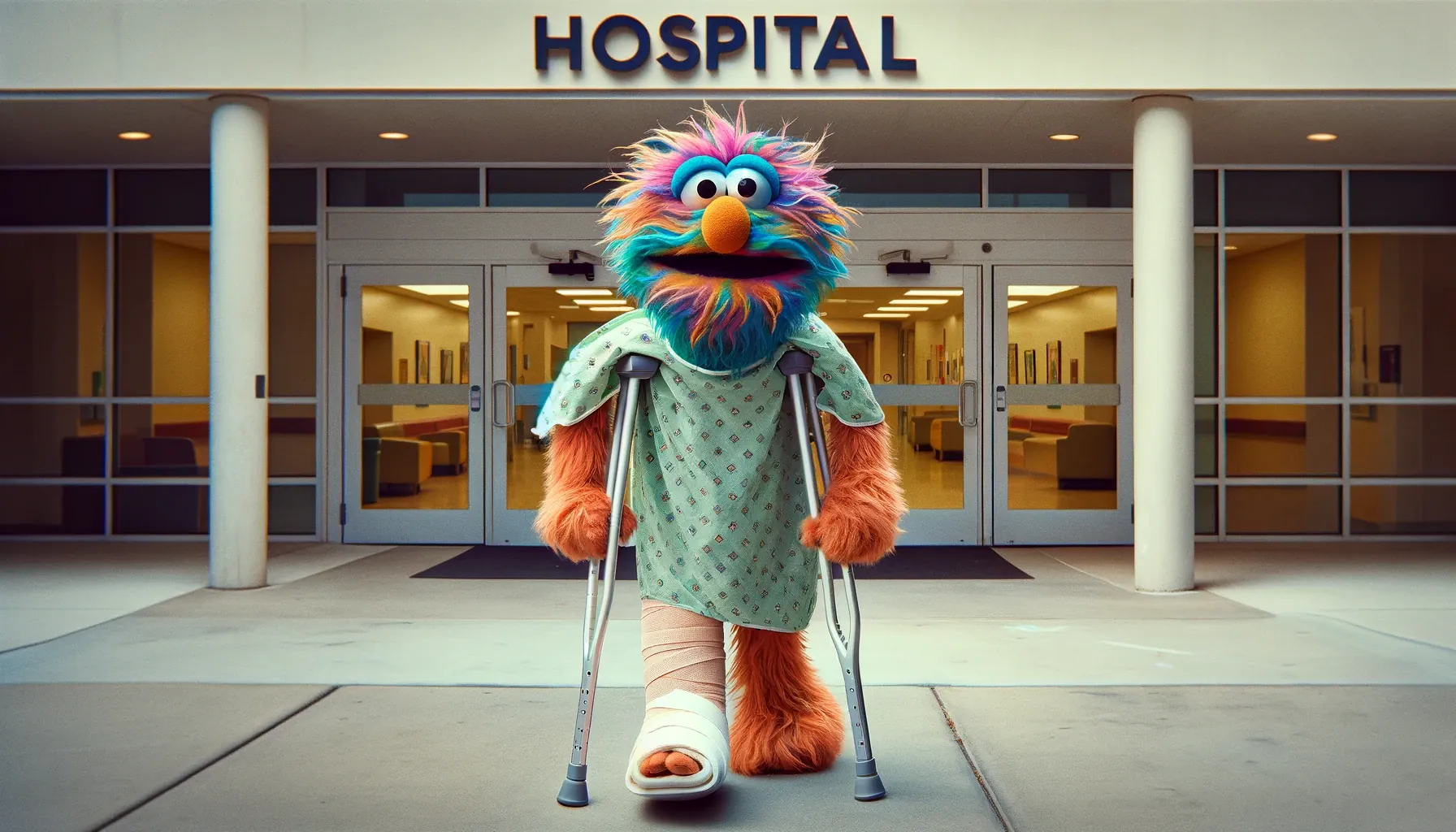
What to Do If You Think Your Doctor Has Made a Mistake

What Does it Mean to Hire a Lawyer On a Contingency Fee?

How to Choose the Right Personal Injury Lawyer: A North Carolinian’s Guide

